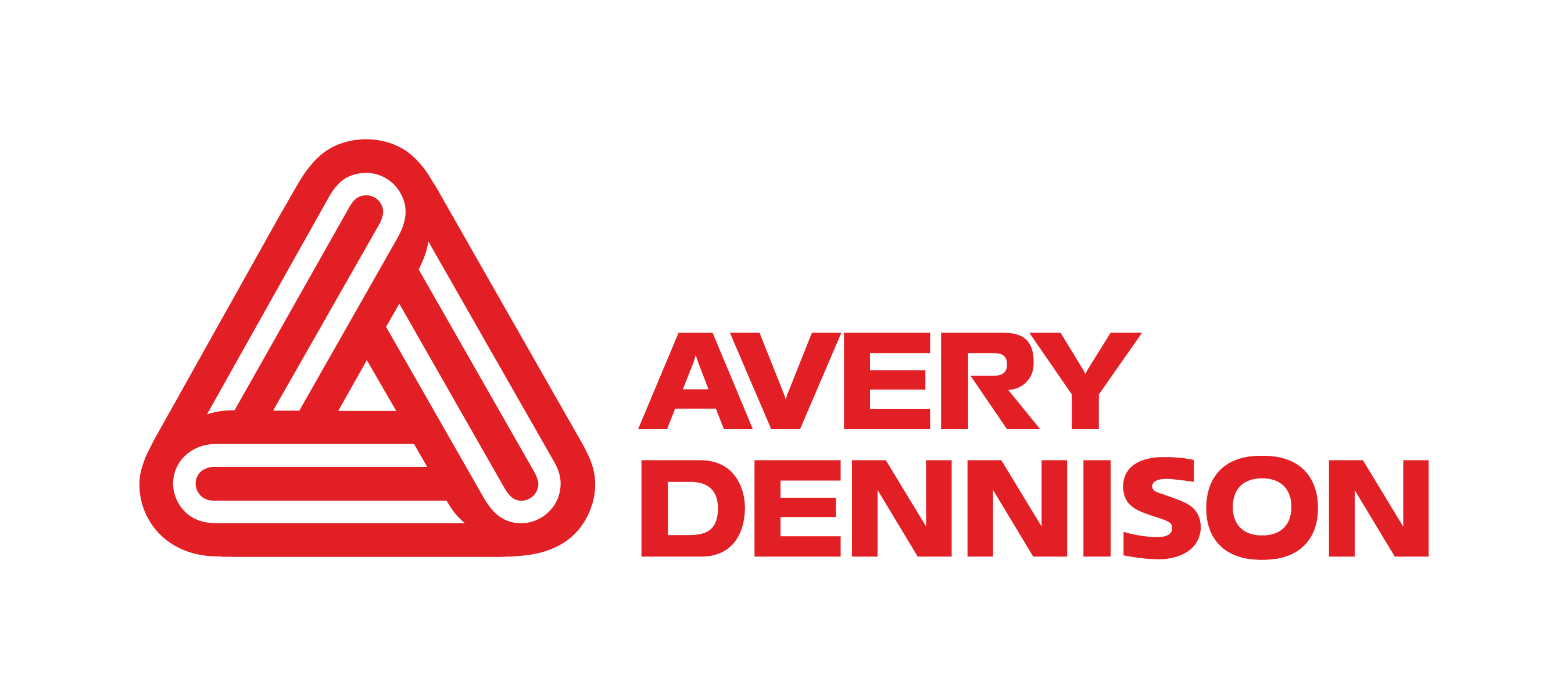Each year, over 300 million tons of plastic waste are generated globally—and packaging is one of the largest contributors. From plastic bottles to multilayer laminates, the materials designed to protect products are also harming ecosystems.
The label might seem like a small part of the problem—but it’s often a hidden barrier to recyclability. Traditional label adhesives and facestocks can contaminate recycling streams, making otherwise recyclable containers unusable. Multiply that across millions of bottles and boxes, and the impact is staggering.
Brands that ignore this are no longer just risking their reputation—they’re risking regulatory backlash, customer loyalty, and long-term profitability.






